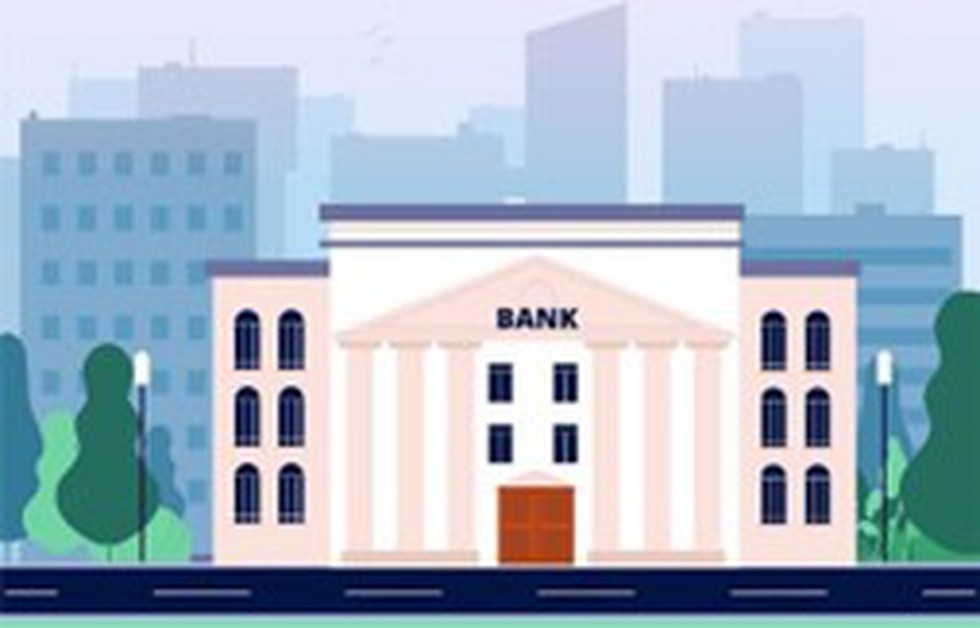
About District Central Co-operative Banks (DCCBs):
A single judge bench of the Madras Hi...
State Bank of India (SBI) recently an...
Two youngsters died by drowning in Ma...
India recently signed a 10-year agree...
The 7th edition of India-France Joint...
The ChatGPT, OpenAI has brought the c...
The project, known as ‘slope stabilis...
Recently, the first recipient of a mo...
The World Wildlife Crime Report 2024 ...
Silk cotton trees are disappearing fr...